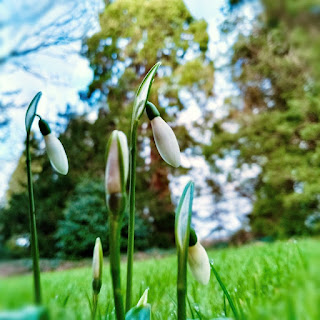You can never control how people will interpret your work. I’ve had comments about my work that are so far from what I was intending, it continues to surprise me. Each viewer’s life experiences affect the way they see your work. For example, when I did Picturing the old people, a video installation based on archival photographs of Aboriginal people, someone said to me “isn’t it sad that Aboriginal people were forced to wear European clothes”. I was shocked, because what I was intending, and worked hard to show, was how well Aboriginal people had adapted to and existed inside this new culture which was forced upon them – I was trying to show their resilience and acceptance. I had not intended to reinforce the idea of Aboriginal people as victims – in fact, the documentation shows that Aboriginal people were required to look ‘more Aboriginal’ for these studio photos than they really were.
So my job as facilitator and my intention as storyteller is to shift the framework, and using the artefacts of colonialism allows me, and a bunch of other Indigenous artists, to inscribe new meanings on the work. It brings voice.
You know, art is a weapon and its strength lies in its ability to disturb, to disrupt and to combat racist sentiment. – Genevieve Grieves, from https://mgnsw.org.au/articles/home-genevieve-grieves/
Picturing
the Old People
After Genevieve Grieves, GOMA Brisbane, August 2012
From Victorian England of rural innocence
I travel to Paris with Pissarro, and on
to past masterpieces of the Prado.
Then, everything European is left
in its sphere, set
floating adrift…
Humidity and sunlight deaden
marshmallow flowers turned to cream,
toasted upon wilting at the bottom
of the display by the pool
separating one building
from another.
On the second floor they dance, Aboriginal:
angry, proud, utterly captivating,
made to pose and shot.
Polarized and stilled,
in time’s eye
I seem bereft.
Orla Fay





